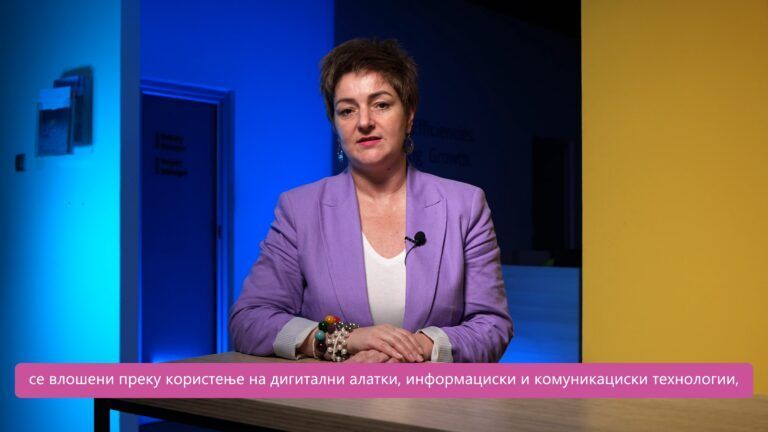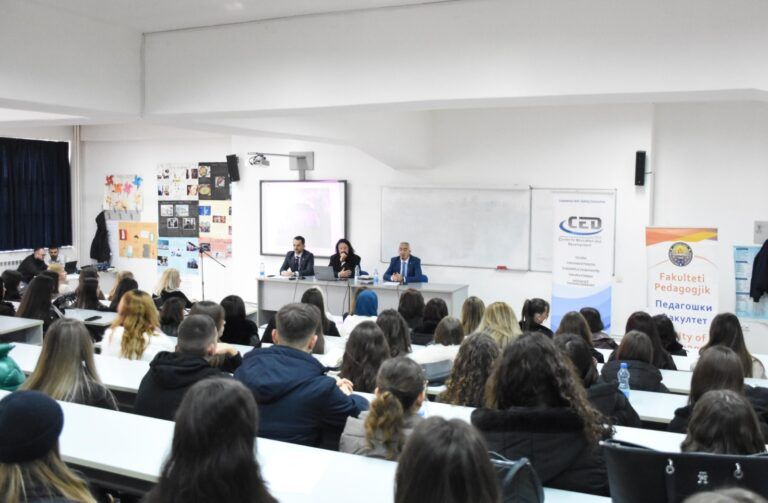EFCSN disappointed by end to Meta’s Third Party Fact-Checking Program in the US; Condemns statements linking fact-checking to censorship
- The EFCSN strongly condemns Meta’s CEO’s statements linking fact-checking with censorship
- Platforms retracting from the fight against mis- and disinformation allows for election interference
- The EFCSN encourages the European Union to stand strong in the face of such political pressure and not be deterred in its efforts to stop the spread of mis- and disinformation on VLOPs
7 January 2025 – The European Fact-Checking Standards Network (EFCSN) is disappointed by Meta’s decision to end its Third Party Fact-Checking Program “starting in the United States” and strongly condemns its CEO’s statements linking fact-checking with censorship. “This seems more a politically motivated move made in the context of the incoming administration of Donald Trump in the United States than an evidence-based decision”, says Clara Jiménez Cruz, Chair of the EFCSN. The EFCSN encourages the European Union to stand strong in the face of such political pressure and not be deterred in its efforts to stop the spread of mis- and disinformation on Very Large Online Platforms.
Fact-checking is not censorship, far from that, fact-checking adds speech to public debates, it provides context and facts for every citizen to make up their own mind. Fact-checking has been proven to be effective in countering misinformation time and again. Equating fact-checking with censorship is a false and malicious claim. Fact-checkers do not ‘censor’ anyone. Our members investigate and publish the evidence of claims potentially being false. It has always been Meta’s decision what to do with the content fact-checkers label, not ours.
The EFCSN takes issue with the characterisation of fact-checkers and journalists by Meta CEO, Mark Zuckerberg, in his announcement. In the justification for ending the program, Zuckerberg says, “Fact checkers have just been too politically biased and have destroyed more trust than they’ve created.” This is patently false. Fact-checkers are held to the highest journalistic standards of non-biased reporting, transparency, integrity and accountability, with organisations like the EFCSN upholding these standards through an independently conducted audit. Linking fact-checking with censorship is especially harmful as such false claims are already one of the driving forces behind harassment and attacks on fact-checkers. Furthering these claims can only exacerbate an already dire issue affecting fact-checkers across the world.
With several European countries heading to the polls in 2025, platforms retracting from the fight against mis- and disinformation allows and potentially even invites election interference, especially from foreign actors. The EU in particular must stand strong in the enforcement of its own laws, even in the face of pressure from other countries.
What the facts (and Meta) say on the impact of the Third Party Fact-checking program
In the announcement, Meta also equated the system of labelling fact-checked disinformation with censorship, stating “A program intended to inform too often became a tool to censor.” This is actually the opposite of the functioning of a labeling system. Labels on misinformation empower users to make informed decisions themselves about which content to interact with and share. In fact, just last year, in the lead up to the EU’s 2024 Parliament Elections, Meta emphasised the effectiveness of its labeling system, stating: “Between July and December 2023, for example, over 68 million pieces of content viewed in the EU on Facebook and Instagram had fact checking labels. When a fact-checked label is placed on a post, 95% of people don’t click through to view it.”
Meta has also previously celebrated its Third Party Fact-Checking Program as successful and beneficial to users, stating, “We know this program is working and people find value in the warning screens we apply to content after a fact-checking partner has rated it.” In the latest press release, Meta’s CEO alludes to “too many mistakes and too much censorship”; but Meta’s own most recent DSA transparency report shows that Fact-Checked demoted content by mistake only affected 3,15% of the total of complaints of demotion on Facebook.
The Community Notes model proposed as an alternative to the Third Party Fact-Checking Program also has weaknesses. Community Notes could best be used to counter false claims when they are based on proper expertise and fact-checking work. In the context of the 2024 US election, Poynter found that X’s Community Notes had at best an extremely marginal effect on combating election disinformation. In another investigation EFCSN member organization Science Feedback found that most of the content on X (formerly Twitter) that fact-checkers found to be false or misleading had no visible signs of having been moderated..
The European Fact-Checking Standards Network is an association of fact-checking organizations who commit to the standards of independence, transparency, and journalistic quality outlined in the European Code of Standards for Independent Fact-Checking Organisations. With over 50 verified members across Europe, the EFCSN is the voice of European fact-checkers.


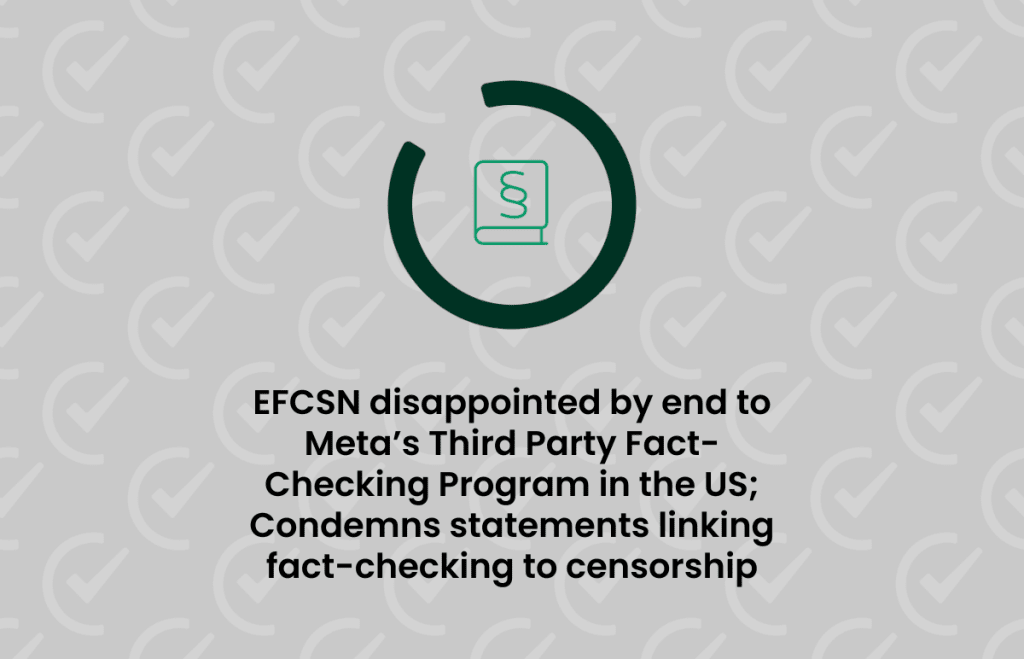
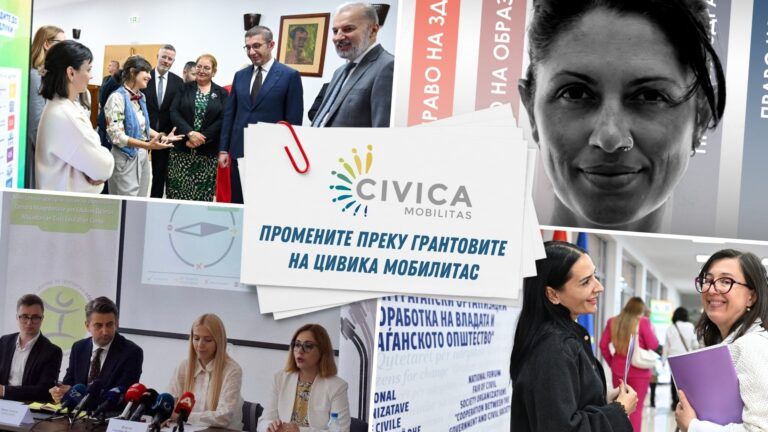
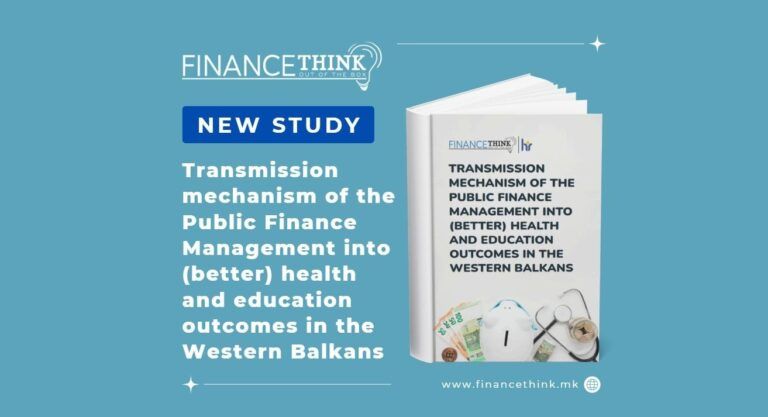
![[Aggregator] Downloaded image for imported item #43092](https://civicamobilitas.mk/wp-content/uploads/2025/12/media-lit-call-for-proposals-fotor-naslovna.png)
![[Aggregator] Downloaded image for imported item #43146](https://civicamobilitas.mk/wp-content/uploads/2025/12/10-1536x1152-1-1024x768-1-768x576.jpg)
